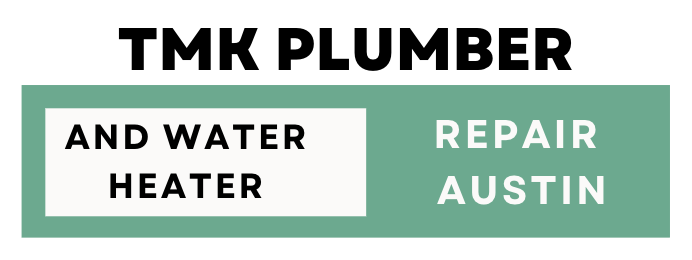About Our Plumbing Company In Austin, TX 78727
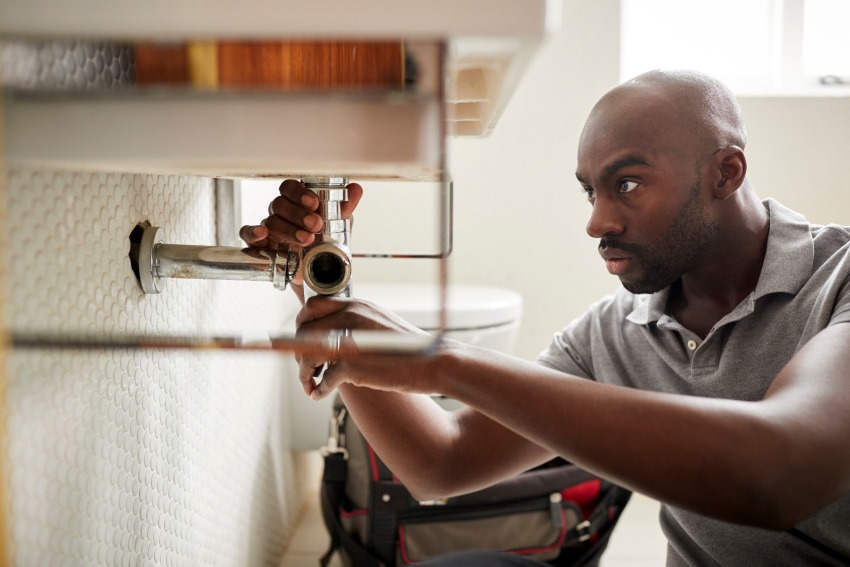
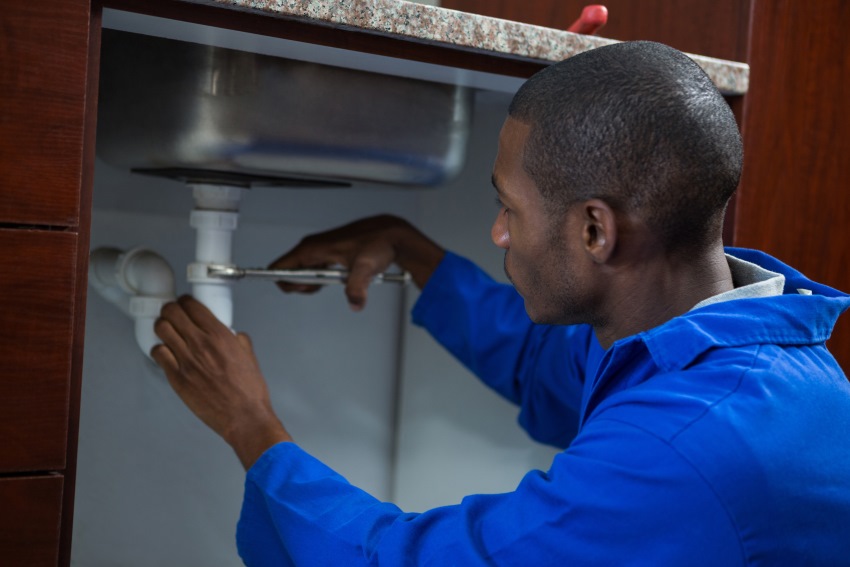
CALL FOR AN ESTIMATE
WHY DOES MY DRAIN GET CLOGGED?
Drains can become clogged for various reasons, including:
1. Debris buildup and improper garbage disposal: One of the most common causes of drain clogs is the buildup of debris such as hair, soap scum, food particles, grease, and other substances. Over time, these materials can accumulate inside the drain pipes, restricting the flow of water and eventually causing a blockage.
2. Inappropriate Items Flushed or Washed Down: Flushing or washing down inappropriate items such as paper towels, sanitary products, wet wipes, cotton balls, dental floss, cooking oil, and grease can contribute to drain clogs. These items do not break down easily in water and can get stuck in the pipes, leading to blockages.
3. Tree Root Intrusions: In outdoor drainage systems, tree roots can sometimes infiltrate underground pipes seeking moisture and nutrients. As the roots grow, they can block or damage the pipes, leading to clogs and potential leaks.
4. Mineral Buildup: In areas with hard water, mineral deposits such as calcium and magnesium can accumulate inside pipes over time, narrowing the diameter of the pipe and reducing water flow. This can eventually lead to clogs.
5. Pipe Damage: Cracks, breaks, or misalignments in pipes can cause obstructions by catching debris or allowing roots to penetrate into the pipe. These structural issues can lead to frequent clogs and may require professional plumbing pipe repair or replacement of the affected pipes.
6. Improper Installation: Poorly installed or improperly sloped pipes can impede the flow of water, leading to standing water and eventual clogs.
7. Cold Weather: In regions where temperatures drop below freezing, pipes can freeze and become blocked with ice, resulting in clogs.
To prevent drain clogs, it’s essential to practice good maintenance habits, such as using drain guards to catch debris, avoiding flushing inappropriate items down the toilet or pouring grease down the sink, and scheduling regular drain cleaning and maintenance.
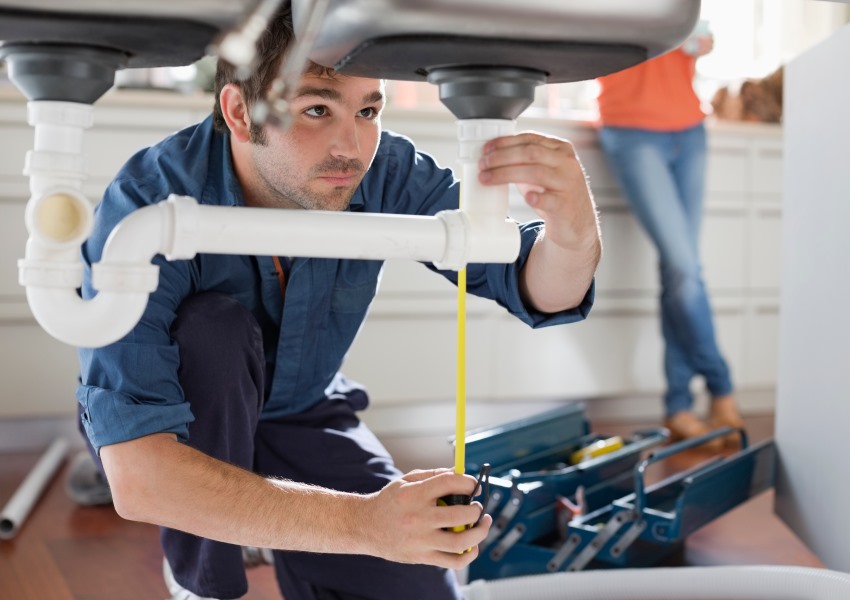
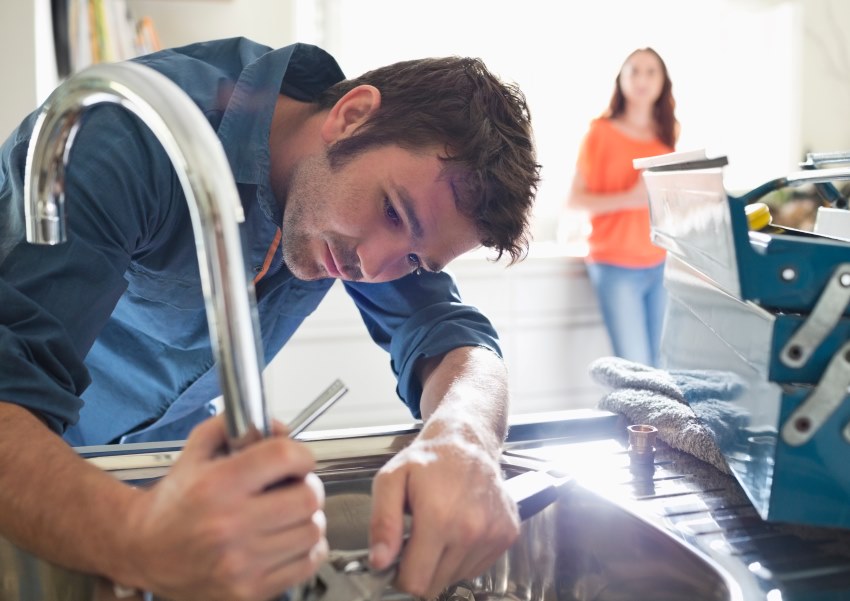
WHAT CAUSES LOW WATER PRESSURE?
Low water pressure can be caused by several factors, including:
1. Clogged Pipes: Accumulation of mineral deposits, sediment, rust, or debris inside the pipes can restrict water flow and lead to low water pressure.
2. Leaking Pipes: Cracks, leaks, or damage to the pipes can result in loss of water pressure as water leaks out before reaching its intended destination.
3. Corroded Plumbing: Corrosion of pipes, fittings, or fixtures can reduce the diameter of the pipes and restrict water flow, resulting in low water pressure.
4. Malfunctioning Pressure Regulator: A faulty pressure regulator can cause water pressure to be too low or too high. If the pressure regulator is not functioning properly, it may need to be adjusted or replaced.
5. Water Meter Valve Issues: Problems with the water meter valve, such as partial closure or malfunction, can restrict water flow and lead to low water pressure.
6. Municipal Water Supply Issues: Low water pressure can sometimes be caused by issues with the municipal water supply, such as high demand, water main breaks, or system maintenance.
7. Elevation or Distance from Water Source: Properties located at higher elevations or farther away from the main water source may experience lower water pressure due to the effects of gravity and friction loss in the pipes.
8. Water Pressure Reduction Devices: Some properties may have pressure reduction devices installed to regulate water pressure. If these devices are set too low or malfunction, they can result in low water pressure.
To diagnose and address low water pressure issues, it’s important to identify the underlying cause. This may require inspection by a professional plumber to assess the condition of the pipes, fixtures, and water pressure regulation systems.
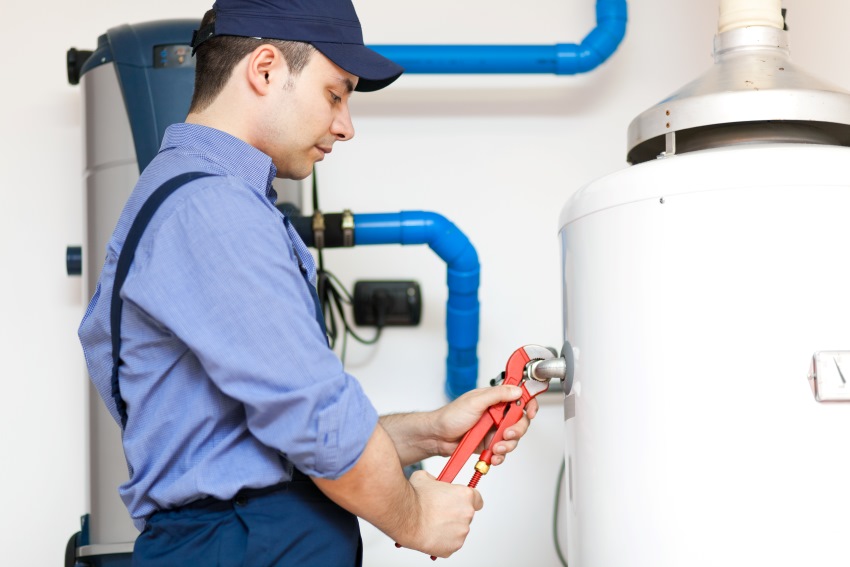
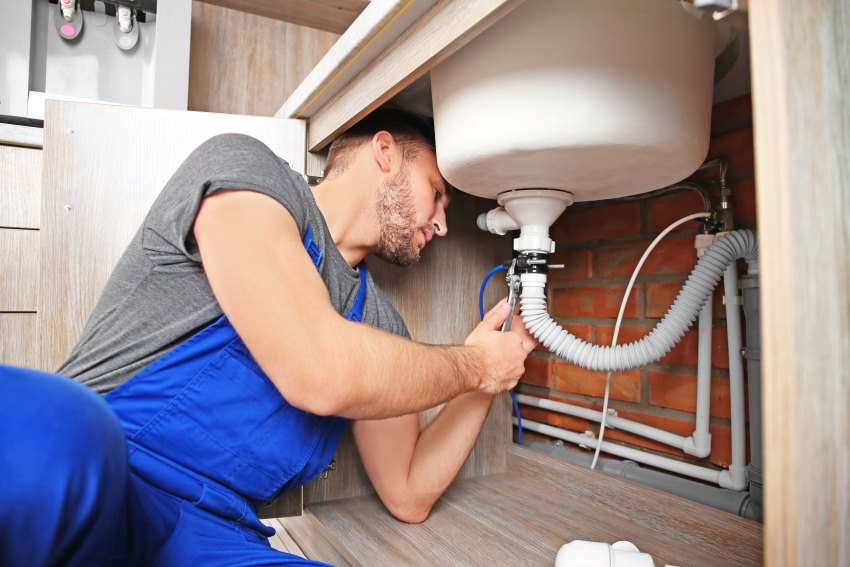
HOW DO PLUMBERS INCREASE WATER PRESSURE?
Plumbers near me can increase water pressure in several ways, depending on the underlying cause of the low pressure and the specific circumstances of the plumbing system. Here are some common methods that plumbers may use to increase water pressure:
1. Adjusting Pressure Regulator Valve: If the water pressure is too low due to a malfunctioning or improperly adjusted pressure regulator valve, the plumber can adjust or replace the valve to increase the pressure to the desired level.
2. Removing Blockages: If low water pressure is caused by blockages such as mineral deposits, sediment, or debris in the pipes, the plumber can remove these obstructions using techniques such as hydro-jetting, snaking, or pipe descaling.
3. Replacing Corroded Pipes: Corrosion of pipes can restrict water flow and lead to low water pressure. In such cases, the plumber may recommend replacing the corroded pipes with new ones to improve water pressure.
4. Installing Pressure-Boosting Devices: Pressure-boosting devices such as water pressure pumps, pressure tanks, or pressure-boosting valves can be installed to increase water pressure in situations where the existing pressure is insufficient.
5. Checking for Leaks: Water leaks can cause loss of pressure by diverting water away from the intended destination. The plumber can inspect the plumbing system for leaks and repair any damaged pipes or fittings to restore proper water pressure.
6. Adjusting Fixture Valves: Sometimes, low water pressure may be localized to specific fixtures such as faucets or showers. In such cases, the plumber can adjust the fixture valves to increase the flow of water and improve pressure.
7. Upgrading Residential Plumbing Services: In older homes or properties with outdated plumbing systems, upgrading to newer, more efficient plumbing fixtures and pipes can help improve water pressure and overall performance.
It’s important to note that increasing water pressure should be done cautiously to avoid putting excessive strain on the plumbing system, which could lead to leaks, bursts, or other issues. Plumbers will assess the existing plumbing infrastructure and recommend the most appropriate solution for increasing water pressure safely and effectively.
CAN A BAD WATER HEATER CAUSE LOW WATER PRESSURE?
A bad water heater itself typically does not directly cause low water pressure throughout the entire plumbing system. However, certain issues with a water heater can indirectly lead to reduced water pressure in specific areas or fixtures within the home. Here are some scenarios where a malfunctioning water heater could affect water pressure:
1. Sediment Buildup: Over time, sediment can accumulate at the bottom of a water heater tank. This sediment can cause issues with water flow, including reduced pressure in hot water lines. If the sediment buildup is severe, it may restrict the flow of hot water to faucets and fixtures, leading to lower overall water pressure in those areas.
2. Pressure Relief Valve Issues: A malfunctioning pressure relief valve on a water heater can result in fluctuations in water pressure within the plumbing system. If the pressure relief valve is not functioning properly, it may release water intermittently, which could affect water pressure throughout the home.
3. Blocked or Restricted Pipes: Problems with the water heater, such as corrosion or leaks in the pipes connected to the unit, can cause blockages or restrictions in the plumbing system. These blockages may impede the flow of hot water and affect water pressure in specific areas of the home.
4. Improperly Sized Water Heater: If the water heater is undersized for the demands of the household, it may struggle to provide an adequate supply of hot water, leading to reduced pressure in hot water lines during periods of high demand.
In summary, while a malfunctioning water heater may not directly cause low water pressure throughout the entire plumbing system, it can contribute to pressure issues in certain areas or fixtures within the home, particularly in hot water lines. If you suspect that your water heater is affecting water pressure, it’s advisable to have it inspected by a professional plumber to identify and address any underlying issues.
Reach Us
TMK Plumber and Water Heater Repair Austin
610 E Wells Branch Pkwy #17207, Pflugerville, TX 78660
512-985-2932
Hours of Operation
Mon Open 24 hours
Tue Open 24 hours
Wed Open 24 hours
Thu Open 24 hours
Fri Open 24 hours
Sat Open 24 hours
Sun Open 24 hours
